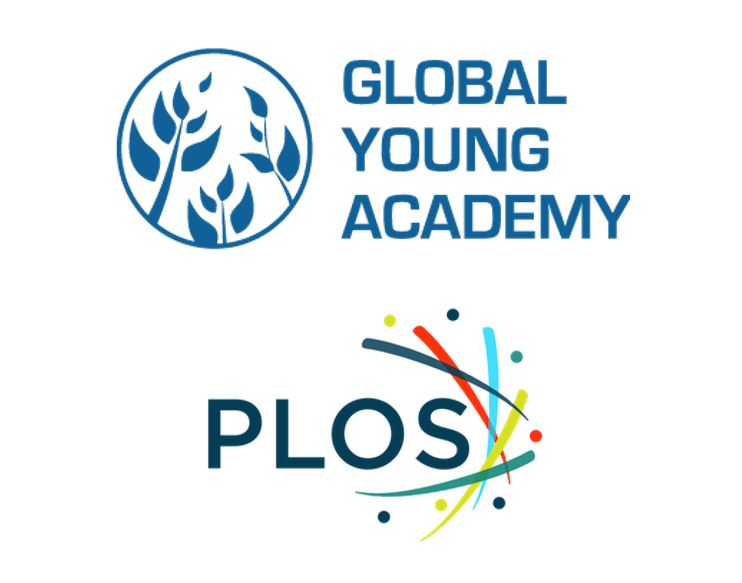The Public Library of Science (PLOS) and the GYA have announced a Memorandum of Understanding (MoU) establishing cooperation between the two organizations.
The purpose of the MoU is to create a strategic partnership between the parties to increase the awareness of Open Science, its principles, and its implementation into research practices. As such, PLOS and the GYA will support each other in increasing awareness of Open Science principles and publishing, as well as the adoption of Open Science practices. The organizations will also coordinate their efforts and provide each other with the necessary mutual assistance required for achieving the objectives of this MoU.
“GYA’s Open Science working group strives to raise awareness of Open Science principles and approaches among young scientists and to provide input into Open Science policies from a diverse, international perspective,” said Tasha Gownaris (Gettysburg College, United States), GYA Open Science Working Group Co-Lead. “We are excited about the work that PLOS is doing and are looking forward to closely collaborating on initiatives to make science more effective, equitable, and accessible.”
“This strategic partnership with the Global Young Academy will ensure that early-career researchers can inform and help to shape PLOS’ continuing efforts to increase equitable participation in Open Science,” said Roheena Anand, Executive Director of Global Publishing Development, PLOS. “The GYA’s input will be fundamental to ensuring that our Open Science solutions will serve the needs of early career researchers across the globe.”
PLOS and the GYA are invested in an Open Future and want to work with stakeholders across the scholarly communication ecosystem to promote and increase uptake of Open Access and Open Science more broadly.
About the Public Library of Science
PLOS is a nonprofit, open access publisher empowering researchers to accelerate progress in science and medicine by leading a transformation in research communication. Since our founding in 2001, PLOS journals have helped break boundaries in research communication to provide more opportunities, choice, and context for researchers and readers. For more information, visit http://www.plos.org.
